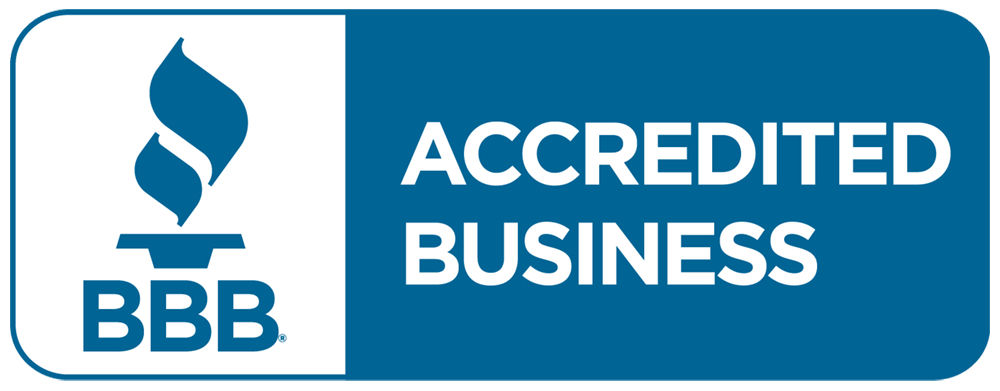Most Americans are in debt. Some may only have what they consider good debt — such as a mortgage — but many have credit card and other financial obligations that make life tough. This is an issue that few people like to discuss with anyone because there is a sense of shame for letting one’s monetary situation get out of control. Being in debt is nothing to be ashamed of, and feelings of shame should not prevent you from seeking the relief you need.
According to a recently published article, shame over debt is the reason people sink further into debt. They end up not seeking help or make rash decisions that are more damaging than they are helpful.
Understand debt has a purpose
While it would be nice to pay for everything outright, debt has a purpose. It helps people achieve things that they want — like higher education or buying a home — it also helps people build credit, which can help them reach their financial goals down the line. Debts that invest in one’s future may be worth the risk.
Not all debt is equal, however
Some debt is better than others. Credit card debt, for example, is not something people view as an investment; it is just another bill they can’t pay in full at the end of the month. The same goes for car loans and other unsecured debts.
People with children have more debt
According to NerdWallet, people who have children have higher credit card balances than people who do not. Of those who do carry credit card balances, most believe it will take them over a decade to pay back what they owe. Kids are expensive; that is not news. Raising children is also stressful, and adding debt to the situation certainly doesn’t help.
Debt affects mental health
Researchers have been studying the effects of debt on mental health. They found that:
- Most people in debt believe their mental health would improve if they were free from debt.
- There is a strong link between debt and depression.
- There is a strong link between debt and anxiety.
- These feelings also contribute to a sense of shame about one’s situation and prevent people from seeking debt relief.
Bad things happen to good people
Not all debt is the result of needless overspending. Bad things happen to good people, such as job loss, illness or disability. It does not matter how you got into the financial position you currently find yourself; what matters now is figuring out what you are going to do about it. With help, you can better your situation and achieve the financial relief you desire.



